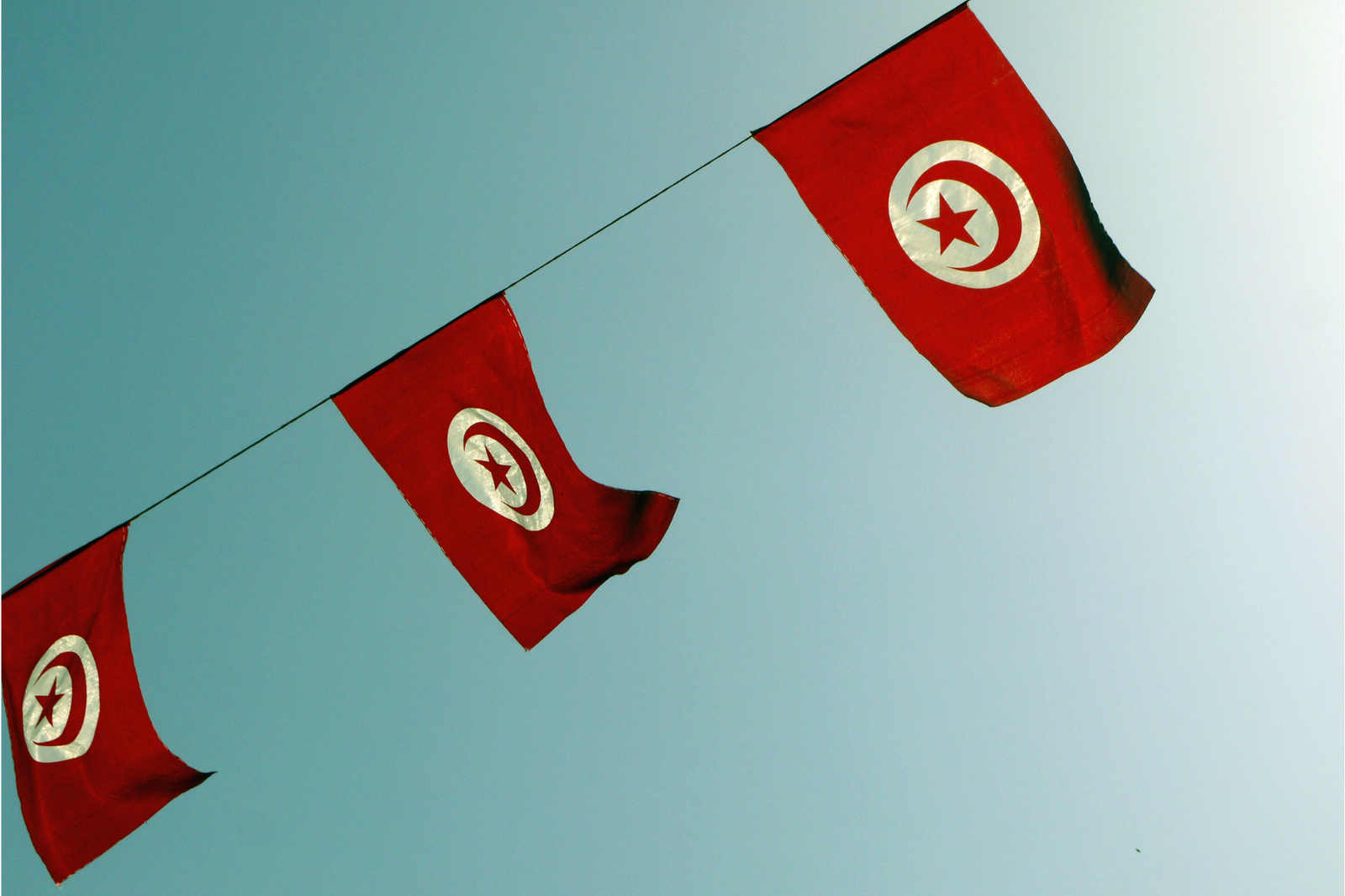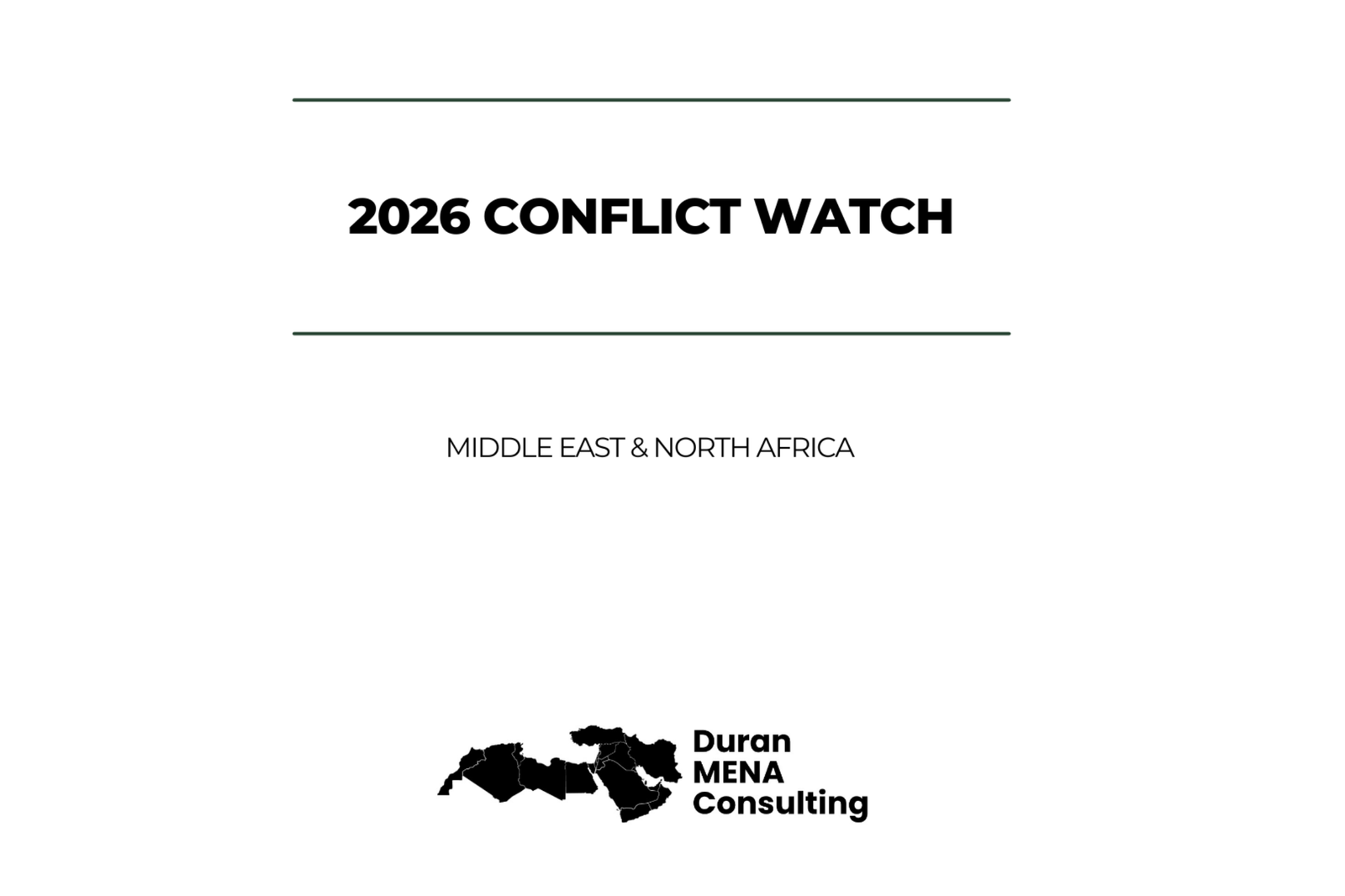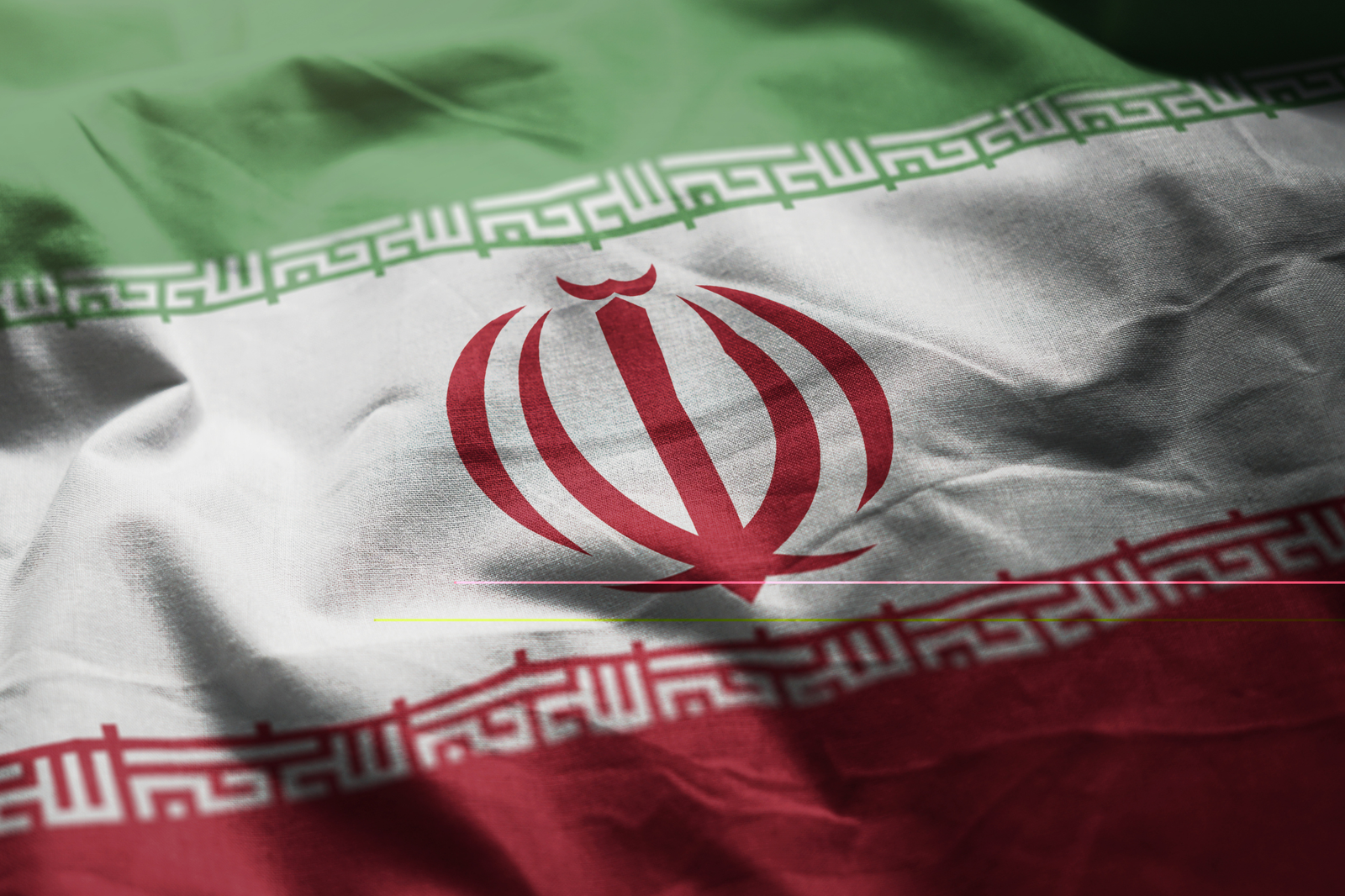Location:
Tunis, Tunisia
Executive Summary
- In Tunis, protesters fill the streets, boldly standing up against the president.
- Their urgent chants of “The Republic is a large prison” and “The people want the fall of the regime” on Friday, July 25, and subsequent transport strike on Wednesday, July 30, underscore the intense political, social, human rights, and economic crisis the country is facing.
- These protests, following four years of President Kais Saied’s one-man rule with mass arrests of his opposition, corruption, economic crisis, and destruction of democratic arenas, are a reflection of Tunisians’ breaking point and their demand for democratic change.
Importance
More than a decade ago, Tunisians overthrew a long-held authoritarian regime, triggering the Arab Spring that spread across the North African region and most Arab states. Today, Tunisia is facing a new wave of authoritarianism. The government, for four years, continued to execute political crackdowns through politically motivated trials against the president’s opposition, suppression of social freedoms, corruption, human rights abuses, and, most importantly, a severe economic crisis. The current state of Tunisia poses an extreme threat to destabilize the country, and this can spill over across the region.
Analysis
Political
- The president’s continued political crackdown is likely to wipe out democratic arenas.
- The protests are likely to increase clashes between police and civilians.
- The protests are likely to increase political divisions.
Diplomatic
- There is limited international coverage of the ongoing protests in the country, which is highly likely to reduce international awareness and the pressure for regime change.
Security
- Continued protests are likely to increase violent clashes between the police and civilians.
- The increased political, social, and economic instability is likely to trigger radicalization.
- Extremists in the country are likely to use the ongoing instability to fuel their extremism and recruit from vulnerable communities to conduct violent activities.
Regional
- The ongoing instability in the country is unlikely to spill over to neighboring countries and/or the Arab states.
- Cross-border risks are unlikely with Libya and Algeria.
- Migration to Europe or other Arab states is likely to increase.
Strategic Recommendations
- Enhance monitoring to detect protest escalations and possible violent government response.
- Develop contingency plans to address potential spikes in violence by extremist groups exploiting the country’s instability to fuel radicalization.
- Prepare strategies to manage migration caused by the increased displacement toward Europe, including Italy, France, Portugal, and Spain, as well as neighboring countries of Libya and Algeria.
- Immediately escalate diplomatic engagement to heighten international awareness and accelerate efforts for conflict de-escalation.
- Support capacity-building group initiatives aimed at rebuilding democratic institutions that the government has halted.
References
Al Jazeera. (2025, July 26). Tunisia is an ‘open-air prison’, say protesters at anti-President Saied march. https://www.aljazeera.com/news/2025/7/26/tunisia-an-open-air-prison-say-protesters-at-anti-president-saied-march
Amara, T. (2025, July 30). Transport strike in Tunisia adds to pressure on the president. Reuters. https://www.reuters.com/world/africa/transport-strike-tunisia-adds-pressure-president-2025-07-30/
Amnesty International. (2025, July 28). Tunisia: Mass convictions in ‘Conspiracy Case 2’ deepen rule of law crisis. https://www.amnesty.org/en/latest/news/2025/07/tunisia-mass-convictions-in-conspiracy-case-2-deepen-rule-of-law-crisis/



